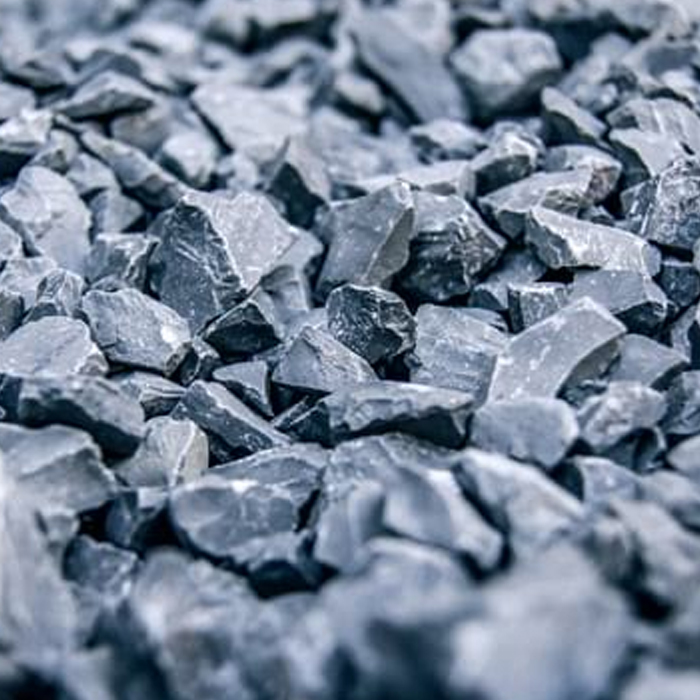H-20 (Ground Floor), Pocket-F, Sector-1,
Bawana (DSIDC), New Delhi - 110039, India

Rock mechanics is the theoretical and applied science about the physical behavior of rock and rock masses as well as
their reaction to the force fields of their physical environment. It also deals with the application of the principles of
engineering mechanics to the design of the rock structures generated by mining, drilling, reservoir production or civil
construction activity, such as slopes, tunnels, dam foundation mining shafts, underground excavations, open pit
mines, oil and gas wells, road cuts, waste repositories and other structures built in or made of rock. It also includes the
design of reinforcement systems such as rock bolting patterns.
Testing of rocks mainly aims to simulate stress conditions that a rock sample is exposed in nature and to get necessary parameters such as stress, strain, elastic modulus, poisons ratio properties to evaluate specimen. When a rock sample is subjected to defined stress conditions in the laboratory, the stress-strain diagram can show non linear relations also for very small strains, hysteresis, anisotropy, etc. All these phenomena can be mathematically described and used for mechanical design simulations.
Testing of rocks mainly aims to simulate stress conditions that a rock sample is exposed in nature and to get necessary parameters such as stress, strain, elastic modulus, poisons ratio properties to evaluate specimen. When a rock sample is subjected to defined stress conditions in the laboratory, the stress-strain diagram can show non linear relations also for very small strains, hysteresis, anisotropy, etc. All these phenomena can be mathematically described and used for mechanical design simulations.
